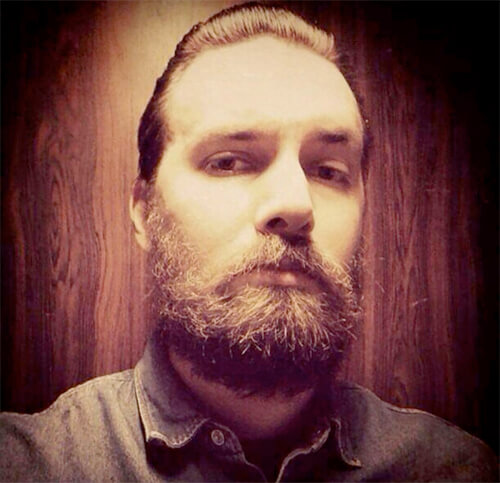In 2008, Swedish photographer Sebastian Sardi, inspired by an article exposing hidden mining-related incidents, embarked on a photography journey. Without formal training, he explored mines and ventured to India's Jharkhand state to document coal miners in Dhanbad, known as the coal capital. His project,
Black Diamond, captured the lives of people, including men, women, and children, dedicated to coal extraction in grueling conditions. We asked him a few questions about his life and work:
All About Photo: Tell us about your first introduction to photography? What drew you into this world?
Sebastien Sardi: My mother had an old manual SLR camera that she was good with, the light/exposure fascinated me.
What was the best piece of advice you were given starting out?
Don't think too much about your composition or you might actually miss the image. I later re-evaluated this but it was something that stuck with me.
How do you choose your subjects? Is it a long process?
It is quite random and spontaneous. I move around a lot and constantly see and look.
Do you finance your trips or is your work commissioned?
I finance them first and hope to earn the money back later on. This entire world is upside down.
What country/people touched you the most?
Kazakhstan, and India.
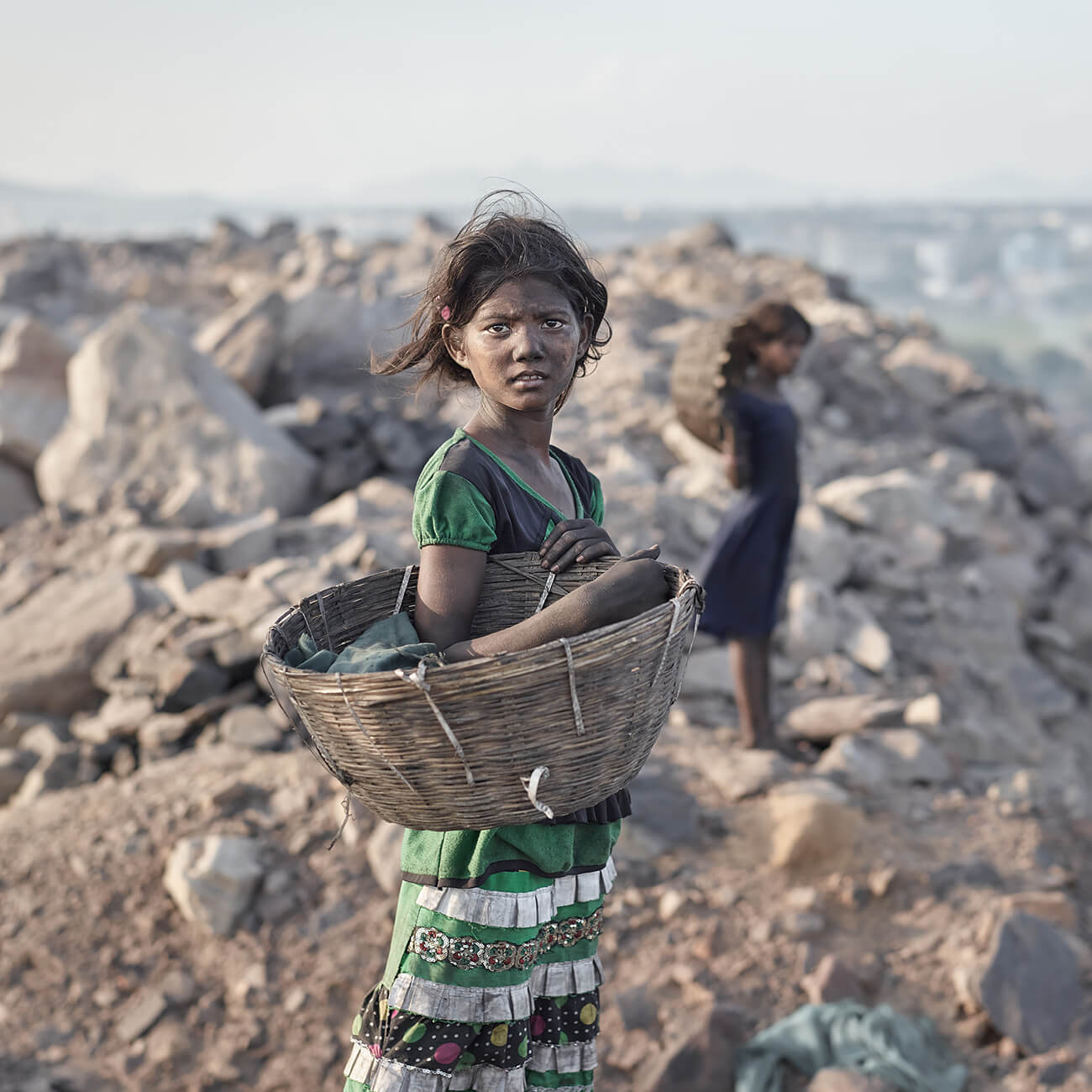
Kumkum 2015 © Sebastien Sardi
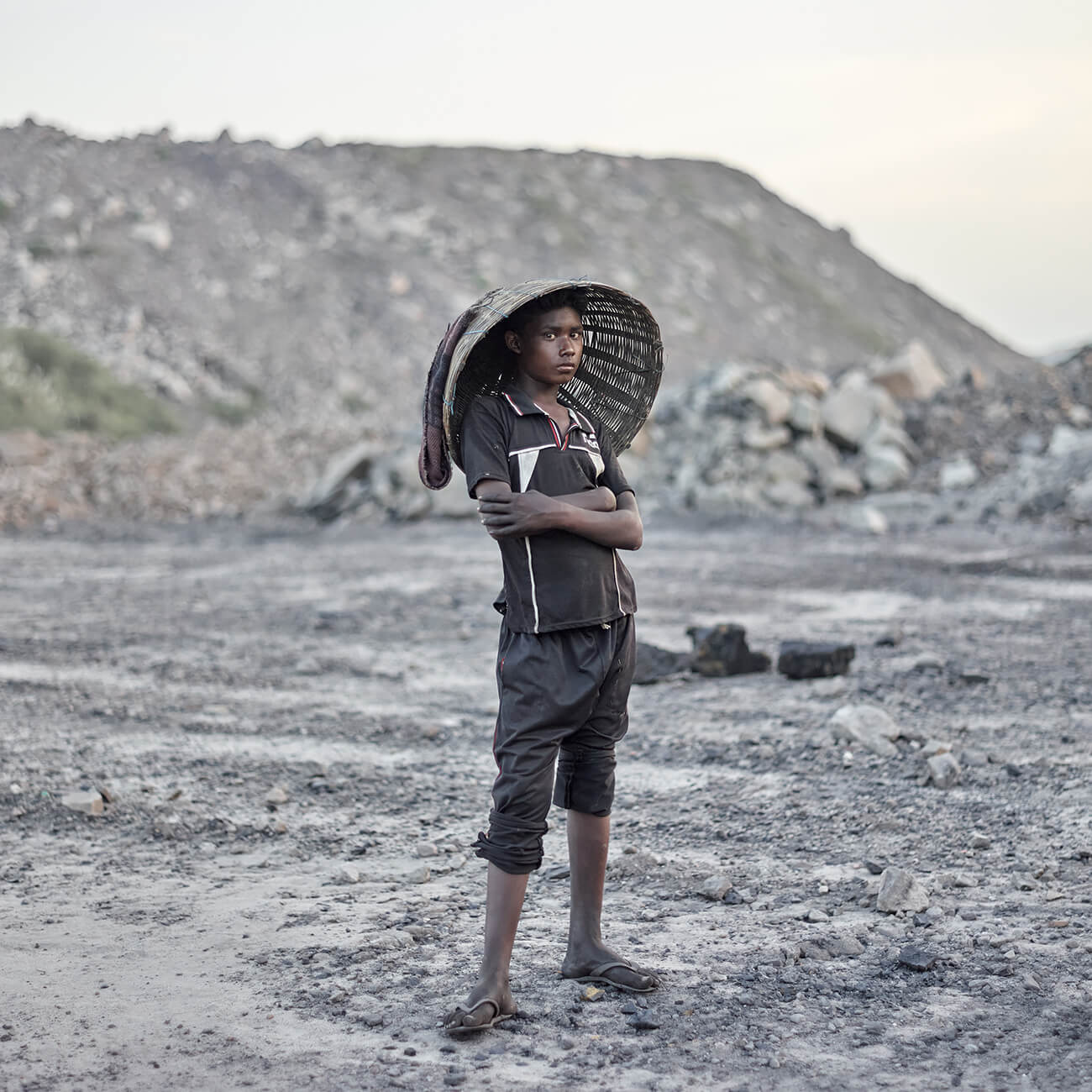
Sonu, 2015 © Sebastien Sardi
Yes
About your project 'Black Diamond', could you tell us why/how you decided to cover that subject?
It was important from a workers right aspect but also from an environmental perspective and Indias colonial past.
How did you work?
I work a lot with the locals and people I meet. I travel alone.
How long did you stay in Jaharkhans?
I was there many times over many years.
What difficulties you had to overcome?
Language is almost always a barrier and it is tough to overcome. Communication.
What was the population's response to your camera?
Overall positive.
Did you remain in contact with the people you photographed?
Yes I did remain in contact with quite a few both over email, whatsapp and phone. I am not a fan of social media.
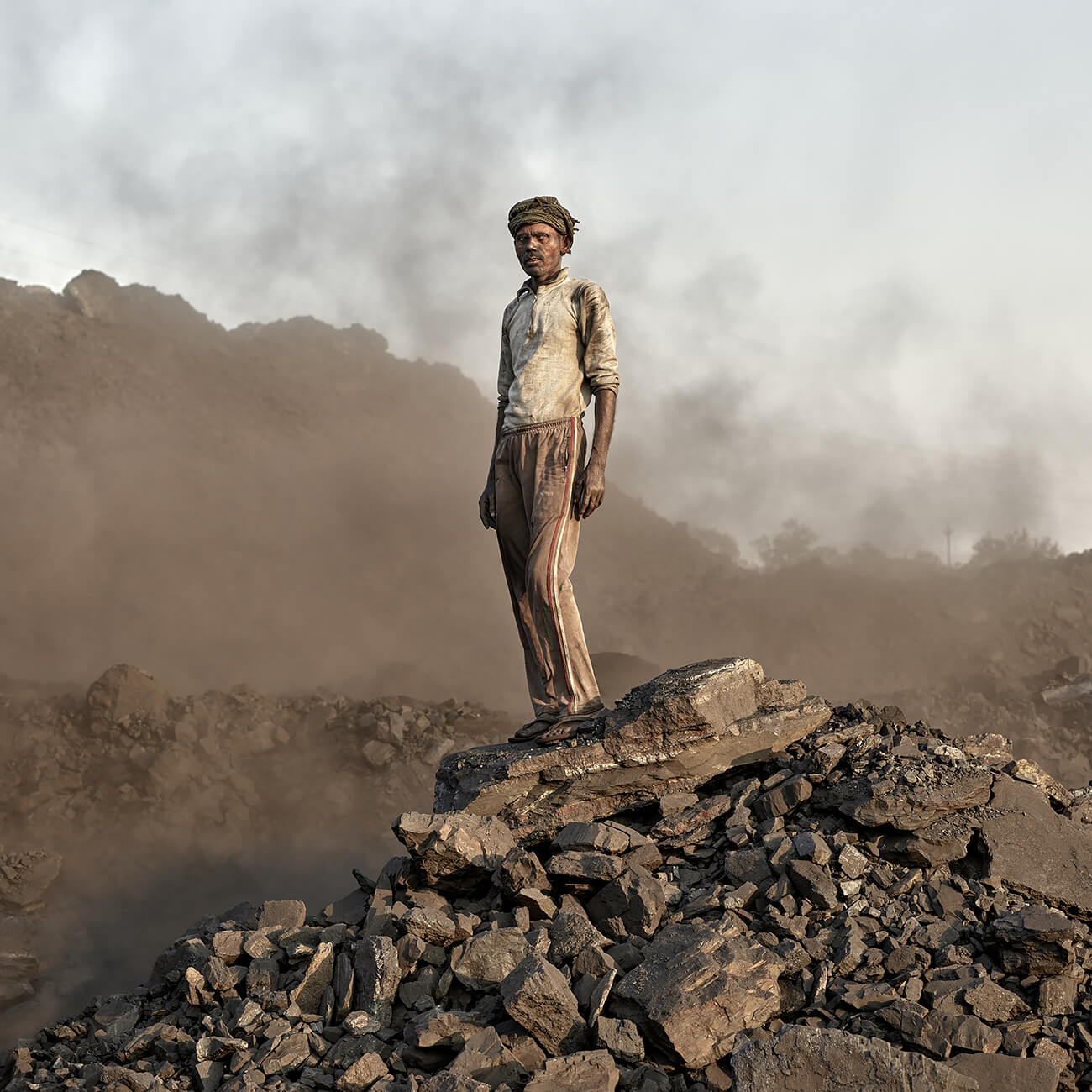
Lamboo 2017 © Sebastien Sardi
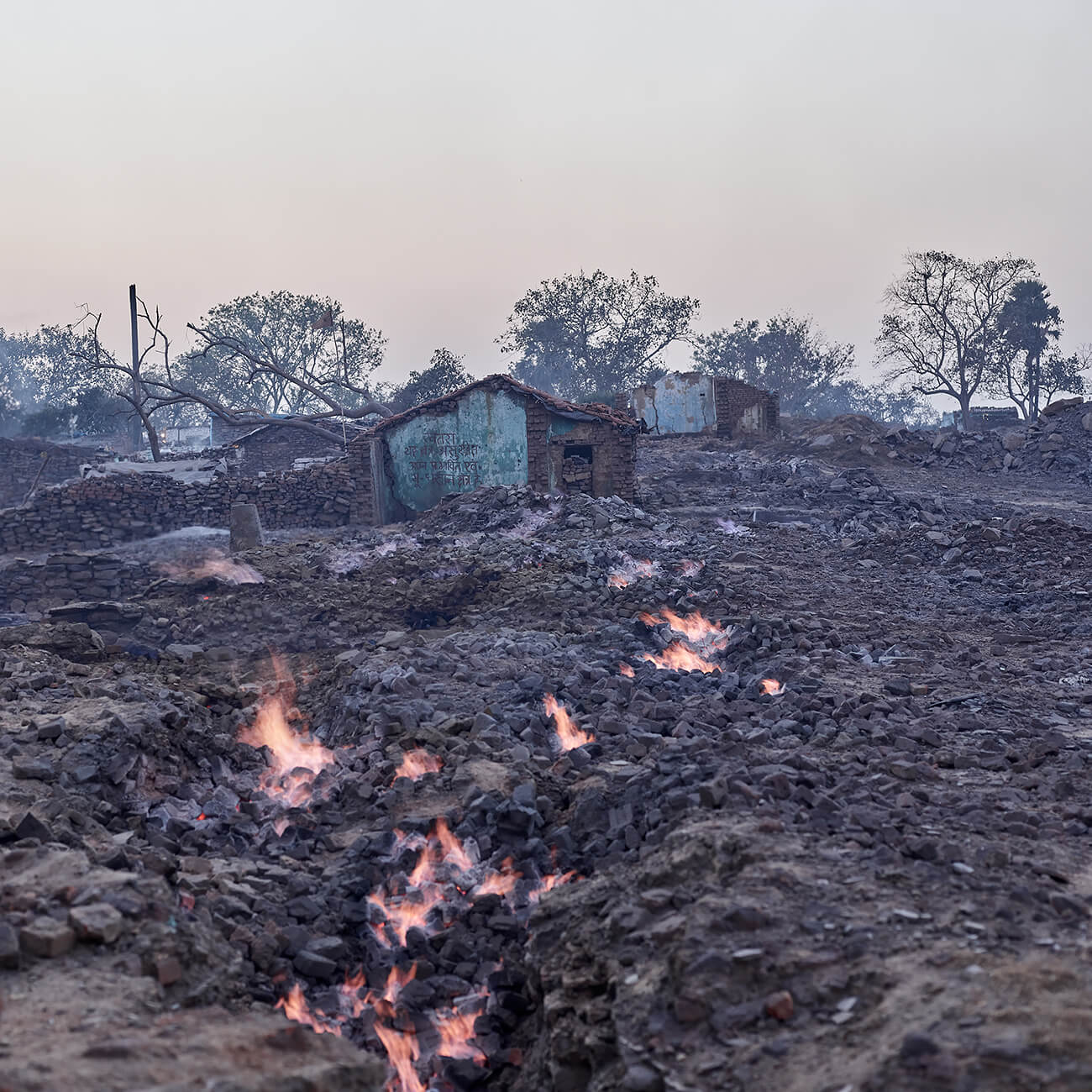
Jharia Mine Village 2017 © Sebastien Sardi
The climate and heat is sometimes really tough. Also food can get to you at some places. There is always some bad people too.
Do you think that photography can help raise awareness about climate change?
Yes I am sure it can. It is an important tool.
What equipment do you use?
I started with my own old analog Yachica 124g (all BW photos in the book) then I revisited with both an 80MP medium format Phase One, and later a 100MP and later 150MP. I was fortunate enough to borrow this equipment.
Do you spend a lot of time editing your work?
Not really. I try to edit as little as possible. Usually I spend more time looking at my light edits and changing back, then actually pulling the sliders. I want to keep it ''real''.
Some stories are in Black and white others in color, what determines your choice?
I like the mix. But as this was done over quite a few years it is just how it developed over time with the equipment I had at hand.
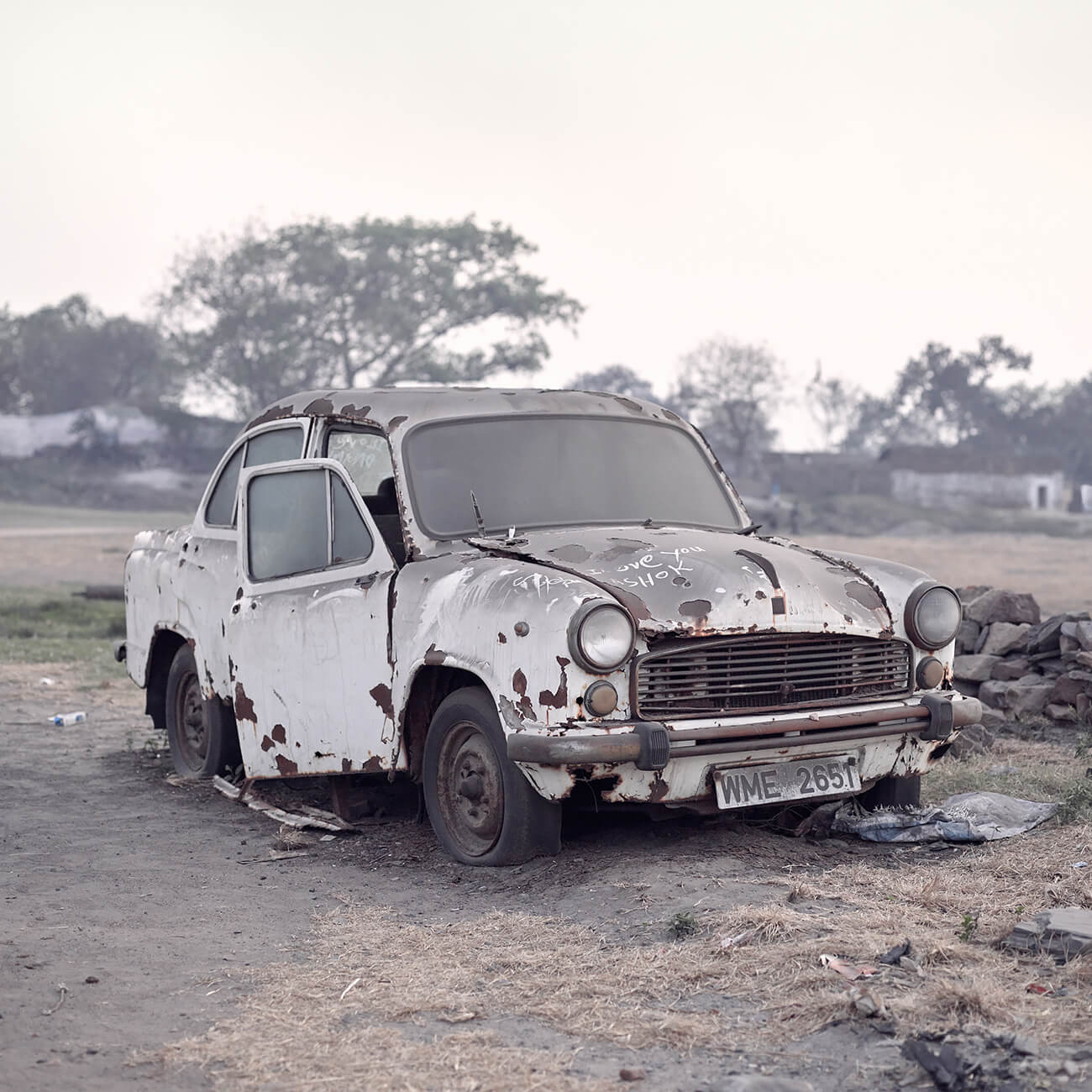
Broken Ambassador 2017 © Sebastien Sardi
An iconic image sticks to your retina. You see it in your head even if you don't have it in front of your eyes.
What compliment touched you the most or what do you think is your biggest accomplishment?
Giving actual prints back to people in the pictures. It really is special. Coming back a year later and handing prints back to people and get an update on what is going on.
What advice would you give someone who would like to become a photojournalist today?
Be brave and don't give up. Don't be stupid. And be sympathetic. Respect people. Be well informed.
What mistake should a young photographer avoid?
You learn from mistakes, I think it is important to take the risk to make them but include the advice above.
What are your upcoming projects?
Only the future will tell..
If you weren't a Photographer, what would you be doing?
I would be a filmmaker. Or a doctor.
Anything else you would like to share?
Thank you for displaying my work.
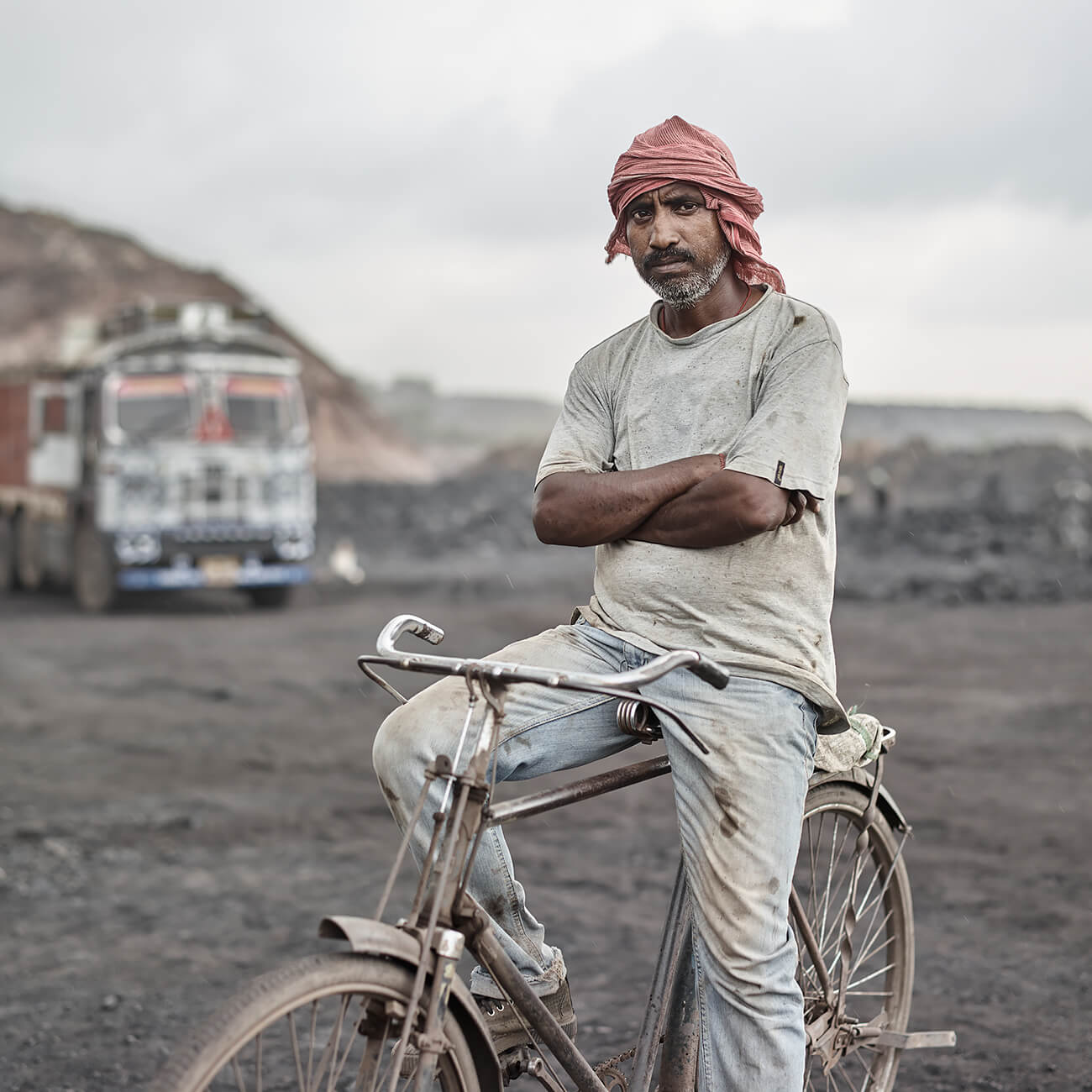
Anonymous 2015 © Sebastien Sardi
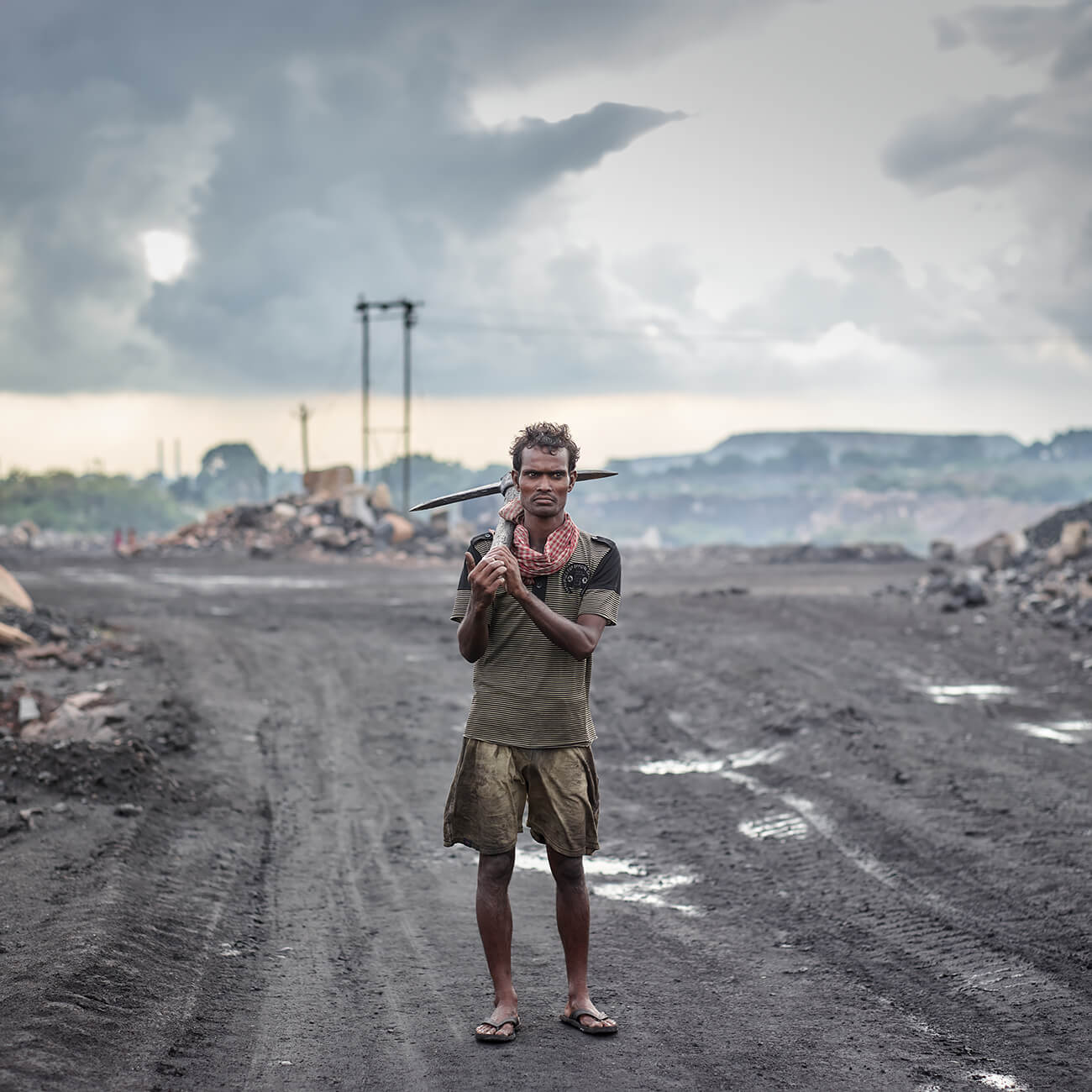
Chotan Das 2015 © Sebastien Sardi
